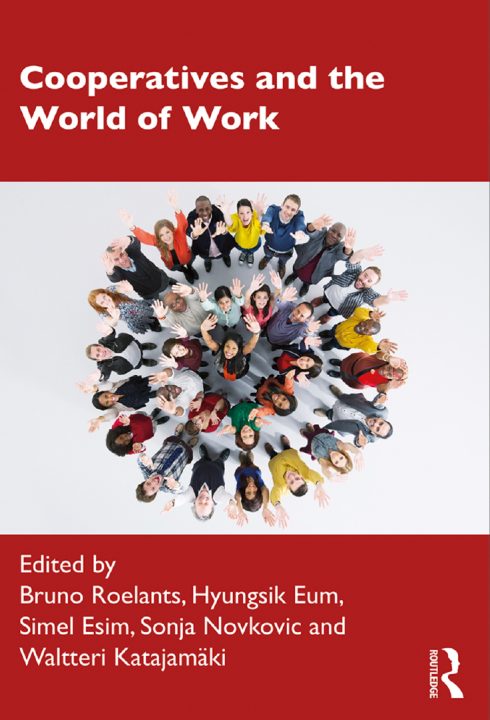Cooperatives and the World of Work, ed Bruno Roelants, Hyungsik Eum, Simel Esim, Sonja Novkovic, Waltteri Katajamäki (Routledge, £29.99)
The world of work is facing the biggest transformations since the Industrial Revolution – and workers are being forced to adapt at fast pace. A new book marking the ILO’s centenary argues co-ops can play a key role in providing the solutions they need to cope with recent shifts and restructuring.
Co-operatives and the World of Work explores past and present day challenges, from the days of the Rochdale Pioneers to the present experiments around the co-operative platform economy.

It travels back in time to the ILO’s early days in a war-torn world in 1919. Under the leadership of Albert Thomas, the ILO’s first director who had been previously linked to the co-operative movement, the organisation set up its Co-operatives Unit in 1920.
Related: Interview, Jürgen Schwettmann on co-ops and decent work
The book looks at the historical changes of the ILO’s position on co-operatives and of the notion of work in relation to co-operatives as well as the current major trends affecting the world of work, in terms of demography, technology, economy and environment.
Co-operatives, argue the authors, have the ability to respond to these social changes and generate innovative solutions. They also note that co-ops have designed and experimented organisational innovation, responding to members’ needs but also their aspirations.
Co-ops are portrayed as alternative models to the mainstream economic system. In his chapter ILO expert Jürgen Schwettmann proposes a pragmatic strategy of co-operative development in the context of the future of work. He argues there is a need for co-operation beyond co-operatives, building alliances with likeminded movements, organising co-operation along global supply chains and co-operatives formed in response to emerging trends.
The book is also a call for action, proposing co-operators, political leaders and the public to envision a future with more sustainable, humane and decent work organised through the co-operative model.

